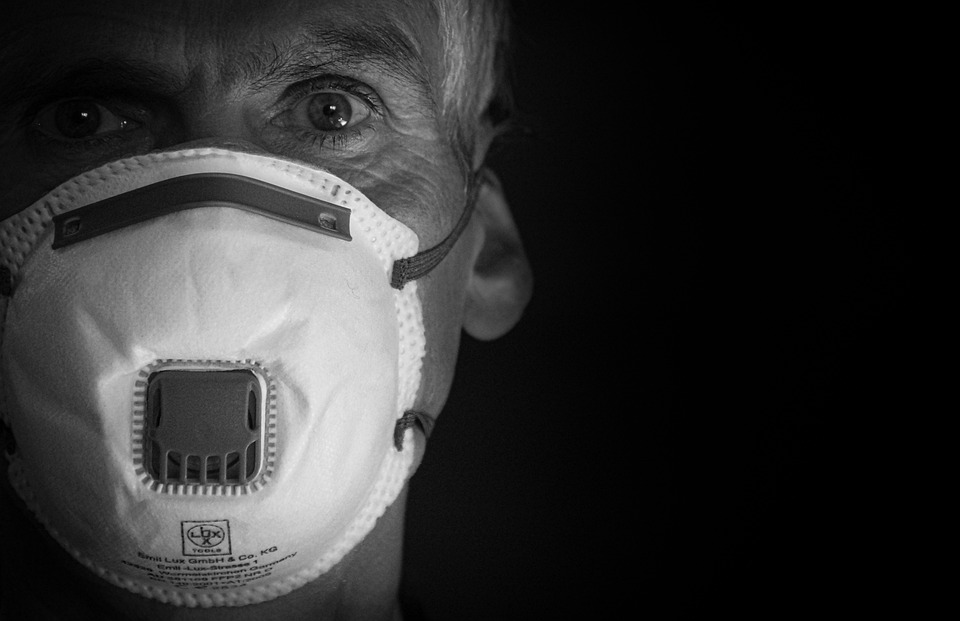Understanding your body and its signals is vital for maintaining health and wellness. Some symptoms can be minor, while others may indicate a more serious condition. In this article, we will explore essential common symptoms and when to seek medical help today to ensure you’re taking every necessary precaution for your health.
Recognizing Key Symptoms
It’s crucial to listen to your body. Here are some common symptoms that you should never ignore:
- Persistent Pain: Whether it’s in your chest, abdomen, or elsewhere, ongoing pain can be a sign of something more serious.
- Shortness of Breath: Difficulty breathing can potentially signify a severe condition and should be assessed by a medical professional.
- Sudden Changes in Vision: Blurred or lost vision can indicate a serious issue. Don’t hesitate to get it checked out.
- Severe Headaches: If you’re experiencing headaches that seem different from what you usually encounter, it’s time to consult with a healthcare provider.
- Fever: A high fever, especially when accompanied by other symptoms like rash or severe fatigue, should be evaluated.
- Unexplained Weight Loss: Losing weight without trying can sometimes be tied to underlying health issues.
When to Seek Medical Help
Recognizing essential common symptoms & when to seek medical help today can be life-saving. Here’s a guide to help you decide when to visit a healthcare professional:
- Immediate Attention Required: If you experience severe chest pain, difficulty breathing, or signs of a stroke (like sudden numbness or confusion), call emergency services.
- Within the Next Few Hours: Visit urgent care if you notice acute pain, a high fever unresponsive to medication, or a significant change in your mental state.
- Make an Appointment: Symptoms that persist over a week, such as a cough combined with fatigue, should be discussed with your doctor.
- Go for Regular Check-ups: Even if you feel fine, regular visits to your healthcare provider can help spot issues before they escalate.
Taking a Proactive Approach
Being in tune with your body’s signals is your first line of defense. Here are a few tips to remain proactive:
- Keep a Symptom Diary: Writing down your symptoms can help your healthcare provider make more informed decisions.
- Stay Educated: Knowledge is empowerment. Understanding common health warnings can save you time and stress.
- Listen to Your Gut: If something feels off, trust your instincts to seek assistance.
Conclusion
Our bodies have remarkable ways of communicating what they need. By recognizing essential common symptoms & when to seek medical help today, you can navigate your health journey with confidence and care. Don’t hesitate to reach out for help when you need it. Remember, your health is a priority, and taking action can lead to a happier, healthier life. Stay proactive and empowered on your wellness journey!









